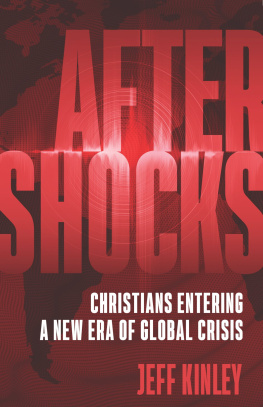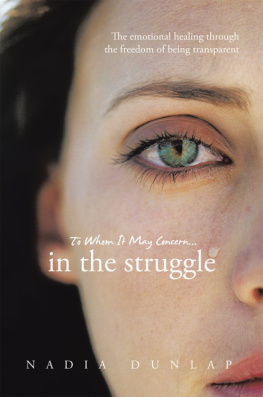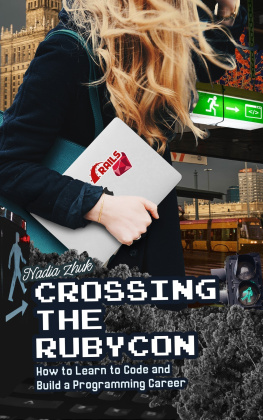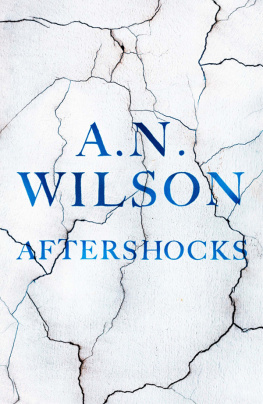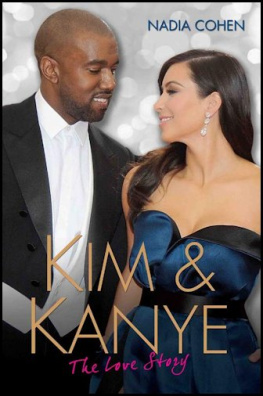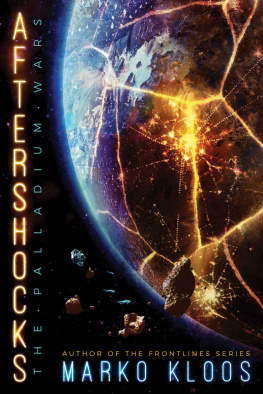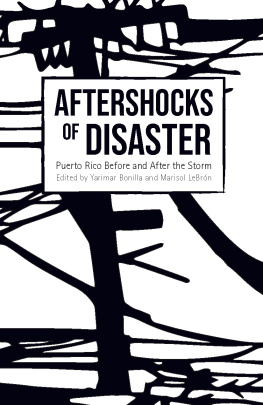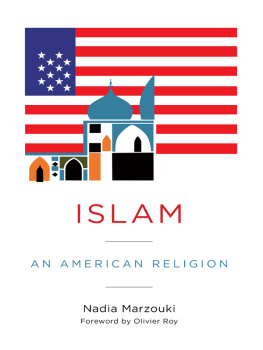Nadia Owusu - Aftershocks: A Memoir
Here you can read online Nadia Owusu - Aftershocks: A Memoir full text of the book (entire story) in english for free. Download pdf and epub, get meaning, cover and reviews about this ebook. year: 2021, publisher: Simon & Schuster, genre: Non-fiction. Description of the work, (preface) as well as reviews are available. Best literature library LitArk.com created for fans of good reading and offers a wide selection of genres:
Romance novel
Science fiction
Adventure
Detective
Science
History
Home and family
Prose
Art
Politics
Computer
Non-fiction
Religion
Business
Children
Humor
Choose a favorite category and find really read worthwhile books. Enjoy immersion in the world of imagination, feel the emotions of the characters or learn something new for yourself, make an fascinating discovery.

- Book:Aftershocks: A Memoir
- Author:
- Publisher:Simon & Schuster
- Genre:
- Year:2021
- Rating:4 / 5
- Favourites:Add to favourites
- Your mark:
- 80
- 1
- 2
- 3
- 4
- 5
Aftershocks: A Memoir: summary, description and annotation
We offer to read an annotation, description, summary or preface (depends on what the author of the book "Aftershocks: A Memoir" wrote himself). If you haven't found the necessary information about the book — write in the comments, we will try to find it.
Aftershocks: A Memoir — read online for free the complete book (whole text) full work
Below is the text of the book, divided by pages. System saving the place of the last page read, allows you to conveniently read the book "Aftershocks: A Memoir" online for free, without having to search again every time where you left off. Put a bookmark, and you can go to the page where you finished reading at any time.
Font size:
Interval:
Bookmark:
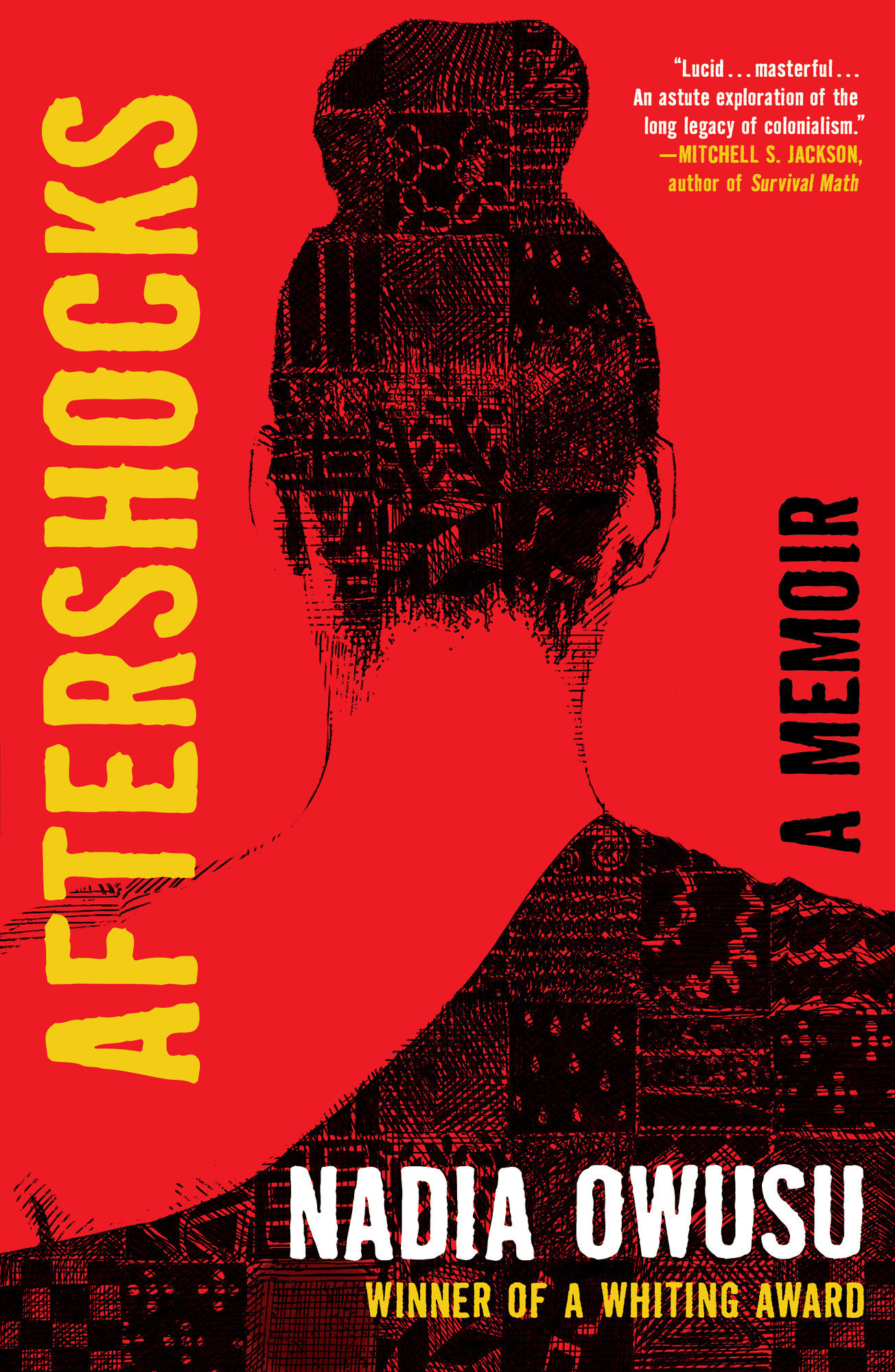

ALSO BY NADIA OWUSU
So Devilish a Fire

Simon & Schuster
1230 Avenue of the Americas
New York, NY 10020
www.SimonandSchuster.com
Copyright 2021 by Nadia Owusu
All rights reserved, including the right to reproduce this book or portions thereof in any form whatsoever. For information, address Simon & Schuster Subsidiary Rights Department, 1230 Avenue of the Americas, New York, NY 10020.
First Simon & Schuster hardcover edition January 2021
SIMON & SCHUSTER and colophon are registered trademarks of Simon & Schuster, Inc.
For information about special discounts for bulk purchases, please contact Simon & Schuster Special Sales at 1-866-506-1949 or .
The Simon & Schuster Speakers Bureau can bring authors to your live event. For more information, or to book an event, contact the Simon & Schuster Speakers Bureau at 1-866-248-3049 or visit our website at www.simonspeakers.com.
Interior design by Lewelin Polanco
Jacket design by Alison Forner
Library of Congress Cataloging-in-Publication Data
ISBN 978-1-9821-1122-9
ISBN 978-1-9821-1124-3 (ebook)
For mad black women everywhere; and for my father, Osei Owusu
I am the history of the rejection of who I am.
June Jordan
Name?
Fela.
Just Fela?
Yeah, jus Fela.
Address?
My house.
Where?
Right here, in Surulere, man, yeah!
Fela Kuti, in conversation with his arresting officer
A note about truth and time
I write toward truth, but my memory is prone to bouts of imagination. Others remember events differently. I can only tell my version. This does not mean I do not also believe theirs.
Names have been changed. Time, for me, is not linear. I have written for meaning rather than order. I have blurred some lines between people and places.
Rome, Italy, Age 7
My mothers hair is long, straight, and black. It blows behind her in the wind. She is walking away again. In the moonlight, she is a phantom ship, drifting out on obsidian waters, toward the place where the sky and ocean meet, disappearing over the curvature of the earth, and the moment is so evanescent, so intangible, that I am already wondering, a wisp of her still in sight, if she was ever there at all. She does not turn to see me in the doorway. I am seven years old, bundled up in a pink sweater and down-stuffed coat, my bobbled hat pulled down past my eyebrows. My white socks are dingy and damp from the rain that seeped into the black canvas shoes I insist on wearing no matter the weather. I want to call out to her but am afraid she will not turn around. Or, worse, that she will, but still wont choose me. She gets into the passenger seat of the blue Fiat her husband borrowed from an acquaintance. They are passing through Rome for a day, on their way back to Massachusetts. They vacationed in Venice.
Earlier, before my mother arrived without sign or signal, I woke up to the sound of rain. It was dark outside, so dark I thought it might still be night until I smelled pancakes. My father makes pancakes on Saturday mornings.
As I ate my breakfast, face buried in a shabby copy of Little Women, my father fretted. He tapped his foot, peeped at his watch, pushed his glasses up the bridge of his nose. I wondered what was making him anxious and hoped that whatever it was wouldnt require him to sit at his desk all weekend. He had just returned from a work trip to Dhaka. I wanted him to myself. The radio, always perched on the kitchen counter next to the toaster, its bent antenna somehow finding the BBC World Service, brought news of a catastrophic earthquake in Armenia. Tens of thousands of people were killed; hundreds of thousands lost their homes and everything in them. A city called Spitak was destroyed. A new city, the woman on the radio said, would have to be built over the ruins. Soviet leader Mikhail Gorbachev asked the world for help. On my pancake, I spread butter and sprinkled sugar.
Does Mama have family in Armenia?
My father flinched, then looked at me with wide eyes magnified by Coke-bottle glasses.
No, he said. Her family are Armenian, but they lived in Turkey. They are all in America now.
We usually avoided the topic of my mother, but the BBC said this was an emergency. Rules are suspended in emergencies.
I am half-Armenian but was not sure if the earthquake had anything to do with me. My Ghanaian father, stepmother Anabel, sister Yasmeen, and I live in Italy. This was the first Id heard of the Caucasus Mountains, the fault rupture point that caused the event. I asked my father what an aftershock was. He said they are tremors in the earth that follow an earthquake. They are the earths delayed reaction to stress.
The doorbell rang just as I was about to go upstairs to brush my teeth. Yasmeen, who had stumbled into the kitchen rubbing her eyes, jolted awake and scampered after me to see who it was. We hoped our friends from next door had come to play.
Our mother was on the front porch with two red balloons and shaking hands. I stared at her. Remembering my voice, I shouted for my father to come. We hadnt seen my mother in three years, not since I was four. My father nodded hello and sent Yasmeen and me to get dressed. When we came downstairs, my parents were still standing in the hallway. They werent speaking. My mothers hands were in her pockets. She had let go of the red balloons and they had floated up to the ceiling. Her head dropped. My fathers shoulders were drawn back, his legs spread apart.
Your mother is going to take you for a drive. My father opened the closet and pulled out our puffy coats. I could feel him on the other side of the front door when he closed it behind us, as though to say he would be there, exactly where we left him, when we returned.
My mothers husband drove, silent while my mother chattered. Our half sisters were dying to see us. She would bring them next time. Venice was a magical place. She could hardly believe it was real. Our grandparents bought us a kite in the shape of a fish. Our father could show us how to fly it in the spring.
Despite the drizzle, my mothers husband dropped us off in Piazza Navona. An artist drew a funny sketch of us, together, with bulbous heads and startled eyes. We ate at a cafplates of spaghetti al pomodoro. All of us requested lots of parmesan cheese. My mother asked about school and said she liked our house, even though, as far as I knew, she had only seen the hallway. I asked her about the earthquake. She hadnt heard the news.
Someday, well all go to Armenia, she said. It sounded like half question, half statement, so I said, Yes, even though I didnt believe her.
As we left the restaurant, a juggler swept over, grinning. His hands seemed to barely move, but his blue, yellow, and red clubs hurtled high above his head. He caught two in one hand and one in the other and bowed deep. My mother clapped. Yasmeen and I, always tentative around strangers, considered the cracks in the paving stones. My mother pressed a few gold and silver thousand-lire coins into the jugglers hand. She also gave one each to Yasmeen and me to toss into the Fontana dei Quattro Fiumi. I told my mother what my father told me about the fountainabout how the four figures in it are the gods of four rivers on four continents: the Nile, the Ganges, the Danube, and the Rio de la Plata. Above the gods is an obelisk, topped with a dove. The obelisk represents the Catholic Church. The river gods are powerful, but they prostrate themselves before the Vatican.
Font size:
Interval:
Bookmark:
Similar books «Aftershocks: A Memoir»
Look at similar books to Aftershocks: A Memoir. We have selected literature similar in name and meaning in the hope of providing readers with more options to find new, interesting, not yet read works.
Discussion, reviews of the book Aftershocks: A Memoir and just readers' own opinions. Leave your comments, write what you think about the work, its meaning or the main characters. Specify what exactly you liked and what you didn't like, and why you think so.

